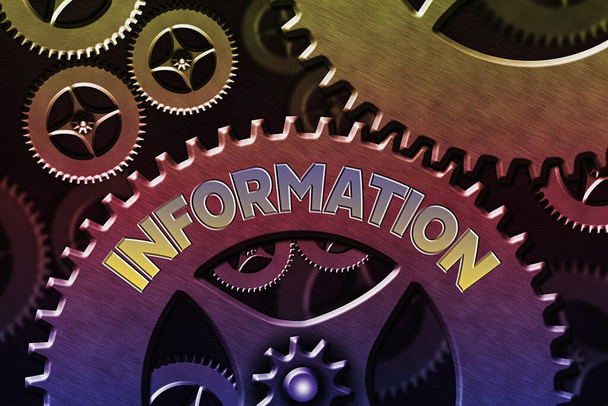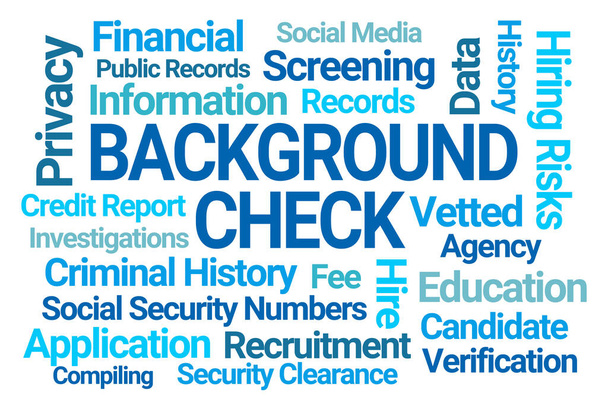The Importance of Education Verification: Ensuring Accuracy and Trustworthiness
Education is the foundation of personal and professional development, and the verification of educational credentials plays a vital role in upholding the integrity and credibility of academic achievements. In an increasingly competitive world, where individuals are evaluated based on their qualifications, skills, and expertise, it is essential to have robust mechanisms in place for education verification.

This article explores the significance of education verification, its methods, and the benefits it offers to various stakeholders.
The Significance of Education Verification: Education verification is the process of authenticating and validating an individual’s educational background, including degrees, diplomas, certificates, and transcripts. It is crucial for several reasons. Firstly, education verification ensures that job applicants possess the necessary qualifications for a particular role, preventing resume fraud and misrepresentation. By confirming the accuracy of educational claims, employers can make informed hiring decisions, ensuring they recruit candidates who have the required knowledge and skills.
Moreover, education verification safeguards the reputation of educational institutions. By verifying the credentials of their graduates, institutions maintain the trust and confidence of stakeholders, including employers, students, and parents. It also helps in identifying fraudulent diploma mills and unaccredited institutions, protecting individuals from falling victim to scams.
Methods of Education Verification: There are several methods employed to verify educational credentials, each serving a specific purpose. The most common method is direct verification, where educational institutions are contacted directly to confirm the authenticity of the provided information. This process involves reaching out to the registrar’s office or relevant authorities to verify the dates of attendance, degrees earned, and any other pertinent details. This method ensures accuracy, as it relies on official records.
Another method is third-party verification, where specialized companies or agencies are hired to conduct the verification process. These agencies have access to databases and resources that facilitate swift and efficient verification. They handle the entire process on behalf of employers, providing detailed reports that confirm or dispute the educational claims made by individuals.
In some cases, background checks may also include contacting professors, supervisors, or mentors mentioned by the candidate to obtain additional information about their educational background, academic performance, or character. This can provide valuable insights into the candidate’s abilities and achievements.
Benefits of Education Verification: Education verification offers numerous benefits to various stakeholders. For employers, it ensures that candidates possess the requisite qualifications, reducing the risk of hiring unqualified individuals or those who have falsified their credentials. By hiring qualified professionals, companies can enhance productivity, reduce turnover, and maintain a positive work environment.
Education verification also benefits educational institutions by safeguarding their reputation and maintaining the integrity of their programs. Through regular verification processes, institutions can identify any discrepancies or potential issues and take corrective actions promptly. This helps in preserving the value of the degrees they confer and ensures that their graduates are equipped with the necessary skills and knowledge.

Furthermore, education verification instills trust in the education system as a whole. By weeding out diploma mills and unaccredited institutions, it protects individuals from wasting their time and money on illegitimate educational programs. It also provides a level playing field for all applicants, ensuring that individuals who have genuinely worked hard and earned their qualifications are not overlooked in favor of those who may have exaggerated or falsified their credentials.
Education verification plays a critical role in ensuring the accuracy and trustworthiness of educational credentials. By confirming the validity of academic achievements, it benefits employers, educational institutions, and individuals alike. Through various verification methods, such as direct verification, third-party verification, and background checks, education verification serves as a reliable mechanism to prevent fraud, maintain the integrity of the education system, and promote fairness in the selection process.
Learn more at Wiki as well.
